His hands
Written by H, Posted in Christian Living, Published Work
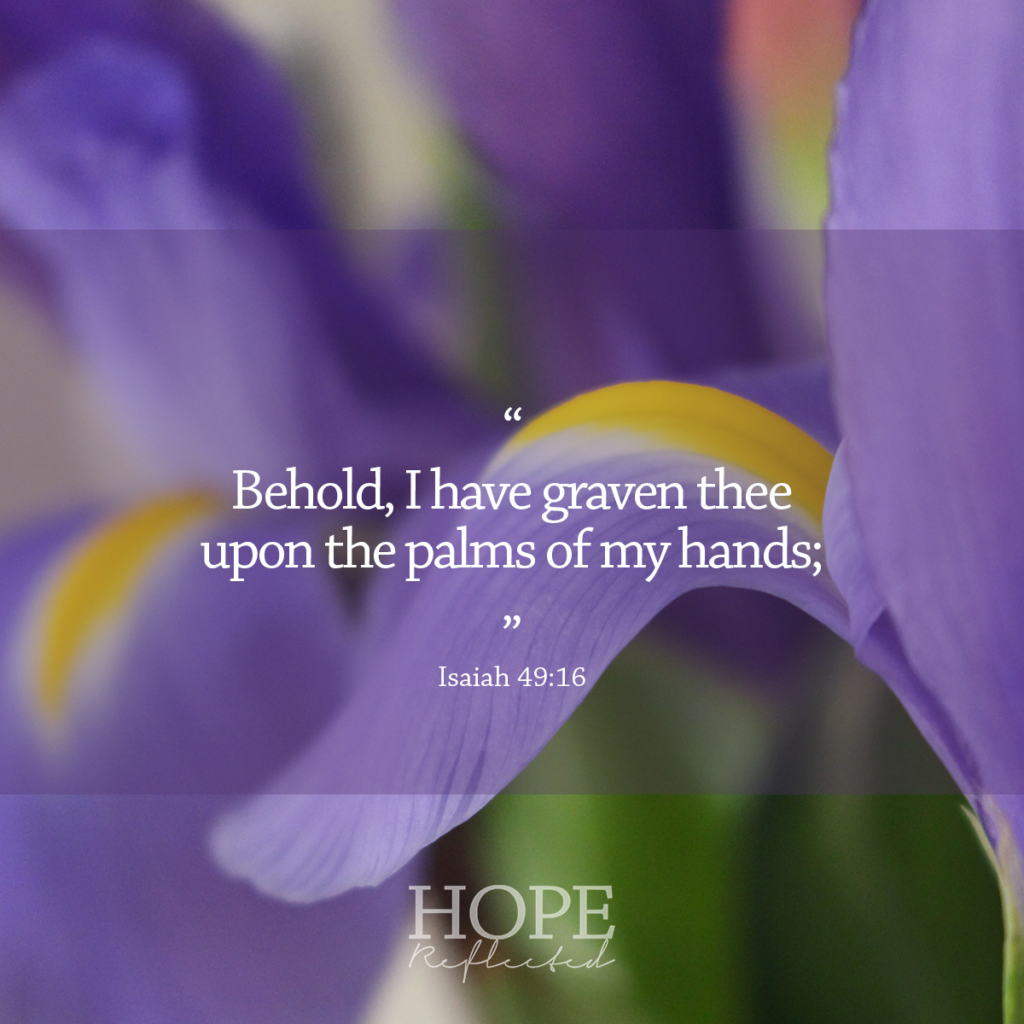
We are always in God’s hands
“Behold, I have graven thee upon the palms of my hands;” (Isaiah 49:16) Our hands are amazing instruments. Consider them for a moment. We use them for almost everything. Our hands are always before us, and we know them. We use our hands to create, to give, to receive, to help, to shield, and to care. How many times have we heard the saying, “I know that like the back of my hand.” Just like we see our hands before us, we are always in God’s sight. We are always before Him, and He can use each one of us. Even in those times when we feel like our prayers are reverberating off the ceiling, we can be sure that He does hear. He has not forgotten us. John Gill compares Isaiah 49:16 with Song of Solomon 8:6, “Set me as a seal upon thine heart, as a seal upon thine arm:” – we are always with God. Even in our brokenness – especially in our brokenness – He can use us for His glory.
Remember His promise: “For I the Lord thy God will hold thy right hand, saying unto thee, Fear not; I will help thee.” (Isaiah 41:13) The right hand is referenced many times throughout Scripture, and it is a symbol of strength. David wrote in Psalm 17:7 that God “savest by thy right hand them which put their trust in thee from those that rise up against them.” Then, while in the wilderness, he wrote in Psalm 63:8 about God, “thy right hand upholdeth me.” In Psalm 73:23 he wrote that God “has holden me by my right hand.” Not only are we graven upon the palms of His hands, but God also promises to hold our right hand, wherever we are.
God holds us with His right hand
Where are you? When you have a personal relationship with the Lord, He is with you. In the second half of Isaiah 49:16, Isaiah wrote, “thy walls are continually before me”. Wherever we are, God is there. He is the architect of our lives, and as we are familiar with the walls inside our homes, so He knows all His plans for us. Remember David’s words in Psalm 139: “Whither shall I go from thy spirit? Or whither shall I flee from thy presence?” (v.7). No matter where we are – even in the depths of the sea, He is there. “Even there shall thy hand lead me, and thy right hand shall hold me.” (v.10). God is with us and He holds us with His right hand.
Just as we are always before God, graven upon the palms of His hands, so should we always set the Lord before us. “I have set the LORD always before me: because he is at my right hand, I shall not be moved.” (Psalm 16:8) What a great difference it makes when we let His hand steady us, and when we allow His hand to lead us! “Though I walk in the midst of trouble,” David wrote in Psalm 138:7, “thou wilt revive me; thou shalt stretch forth thine hand against the wrath of my enemies, and thy right hand shall save me.”
“Behold, I have graven thee upon the palms of my hands; thy walls are continually before me.” (Isaiah 49:16) This is God’s response to our fears that He would forget us! He will not! We are in His hands.

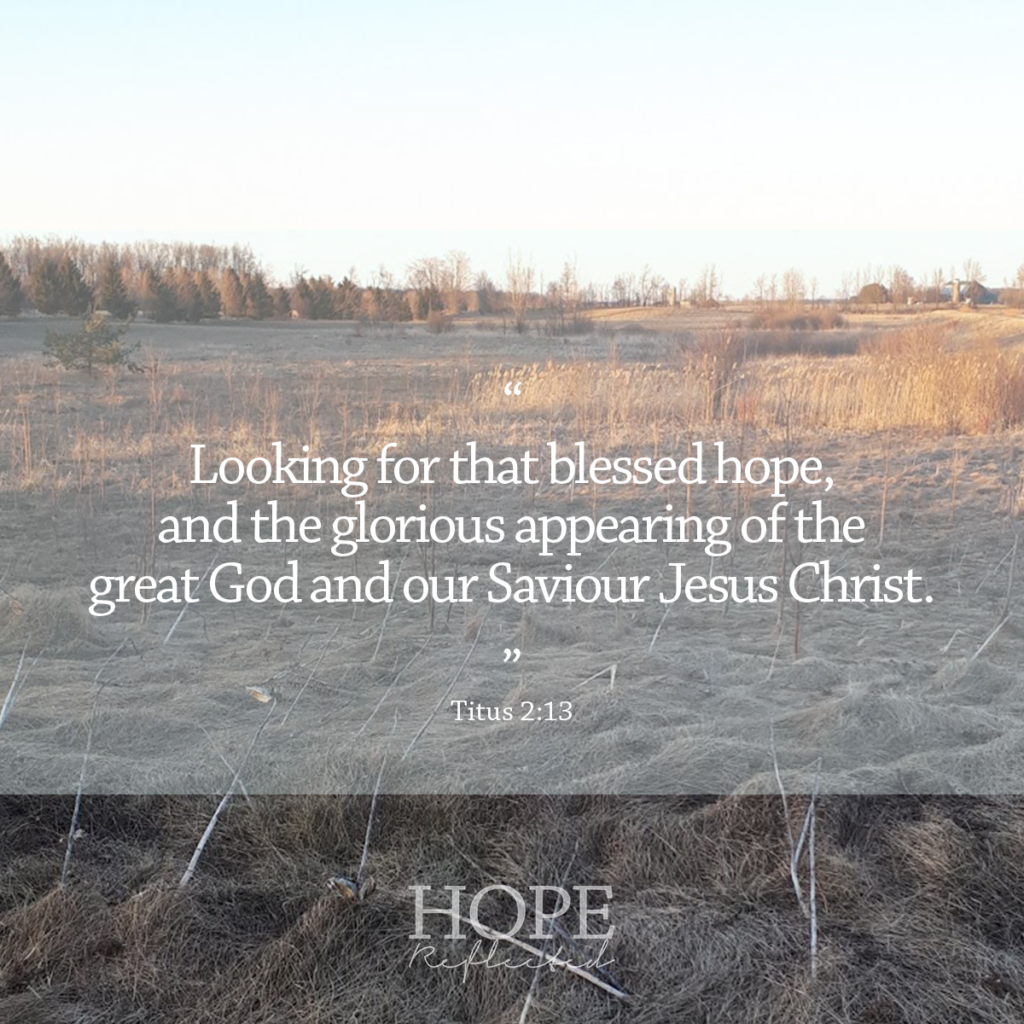

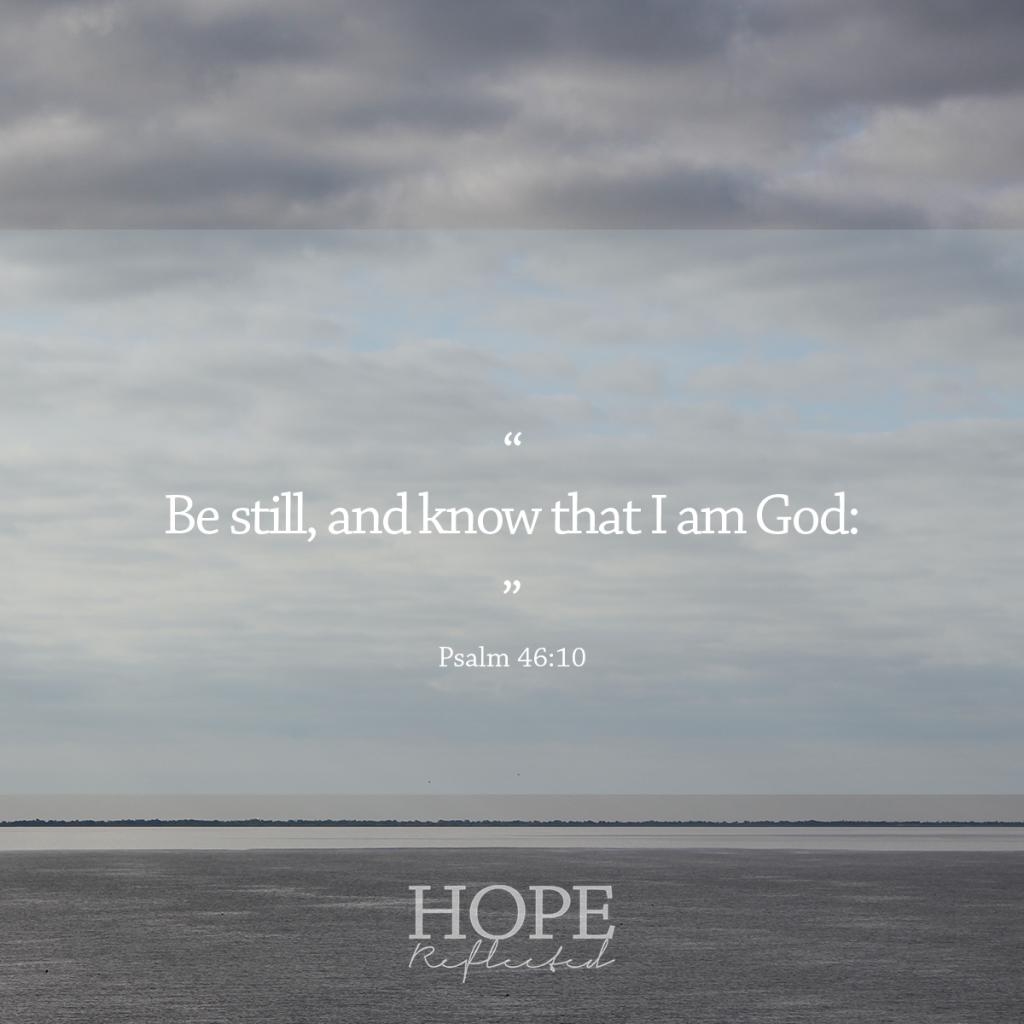

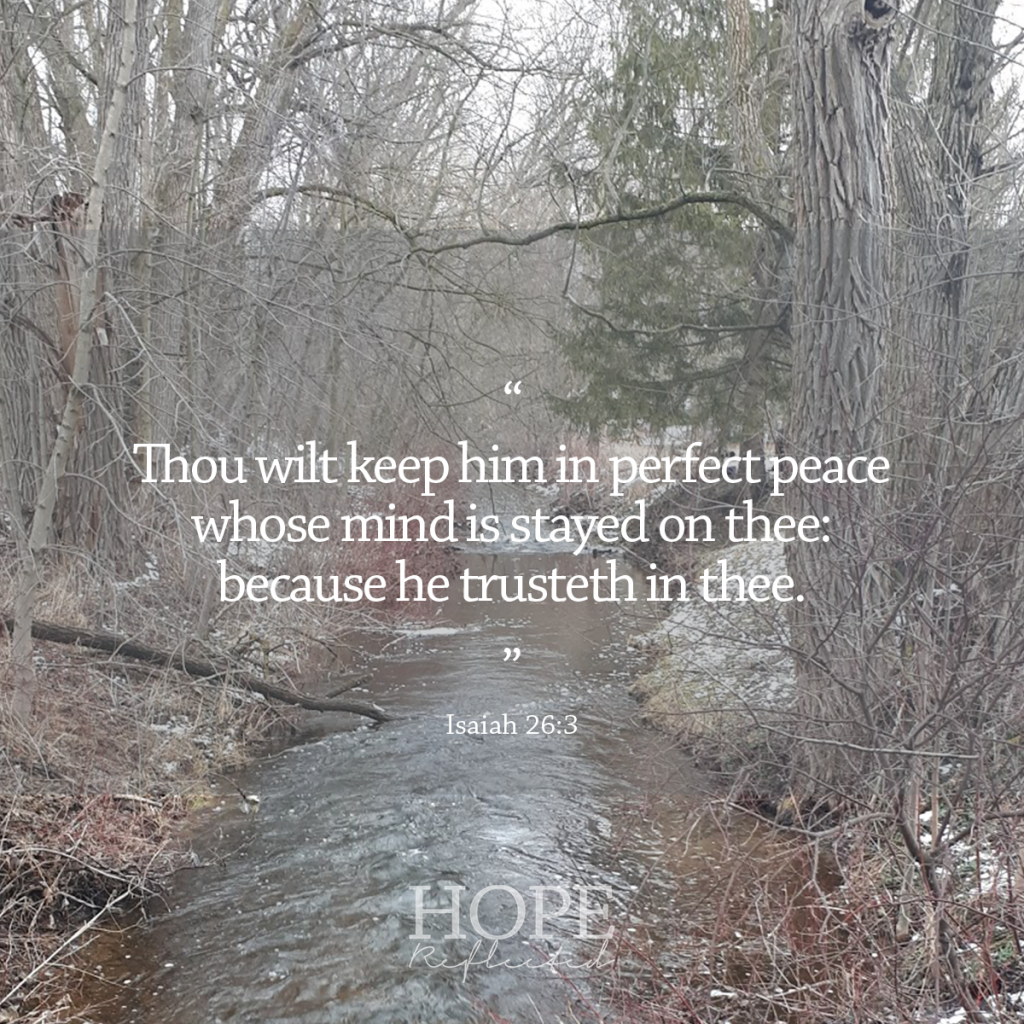
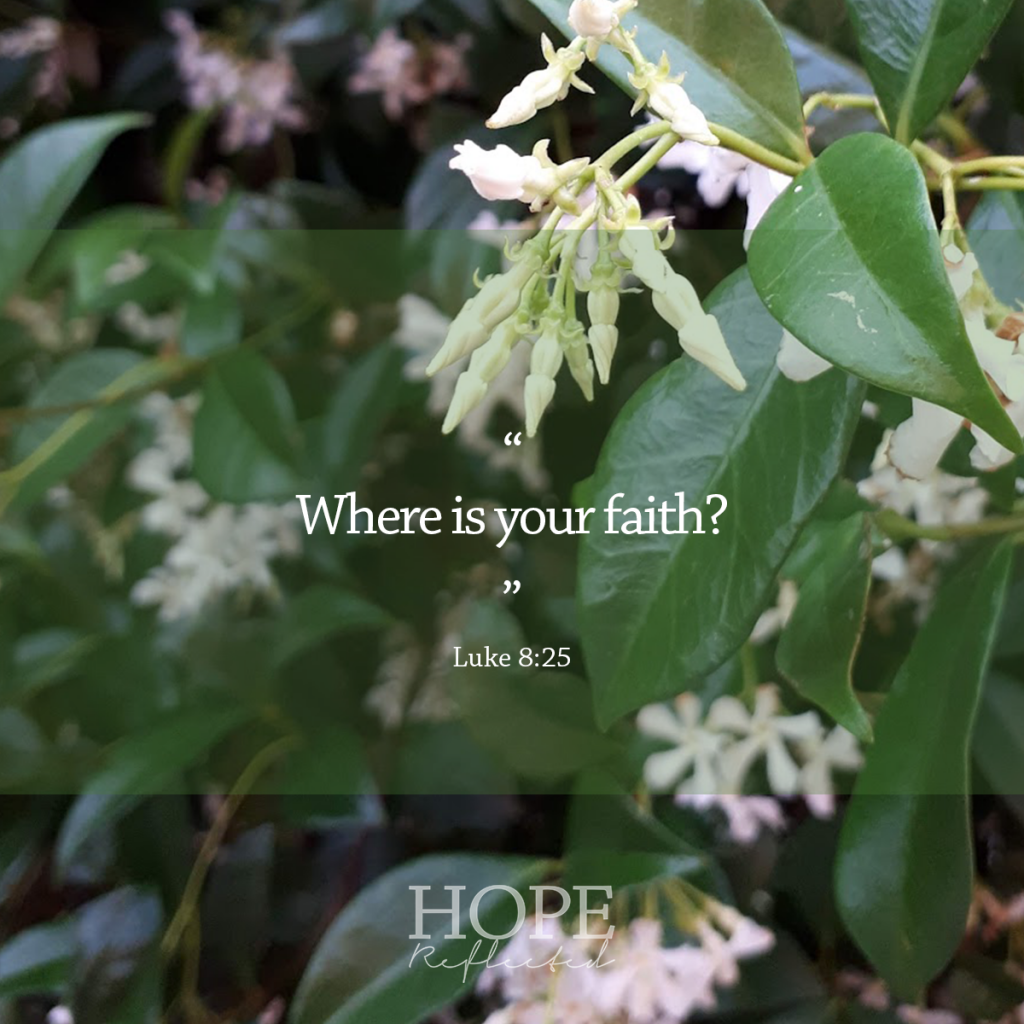

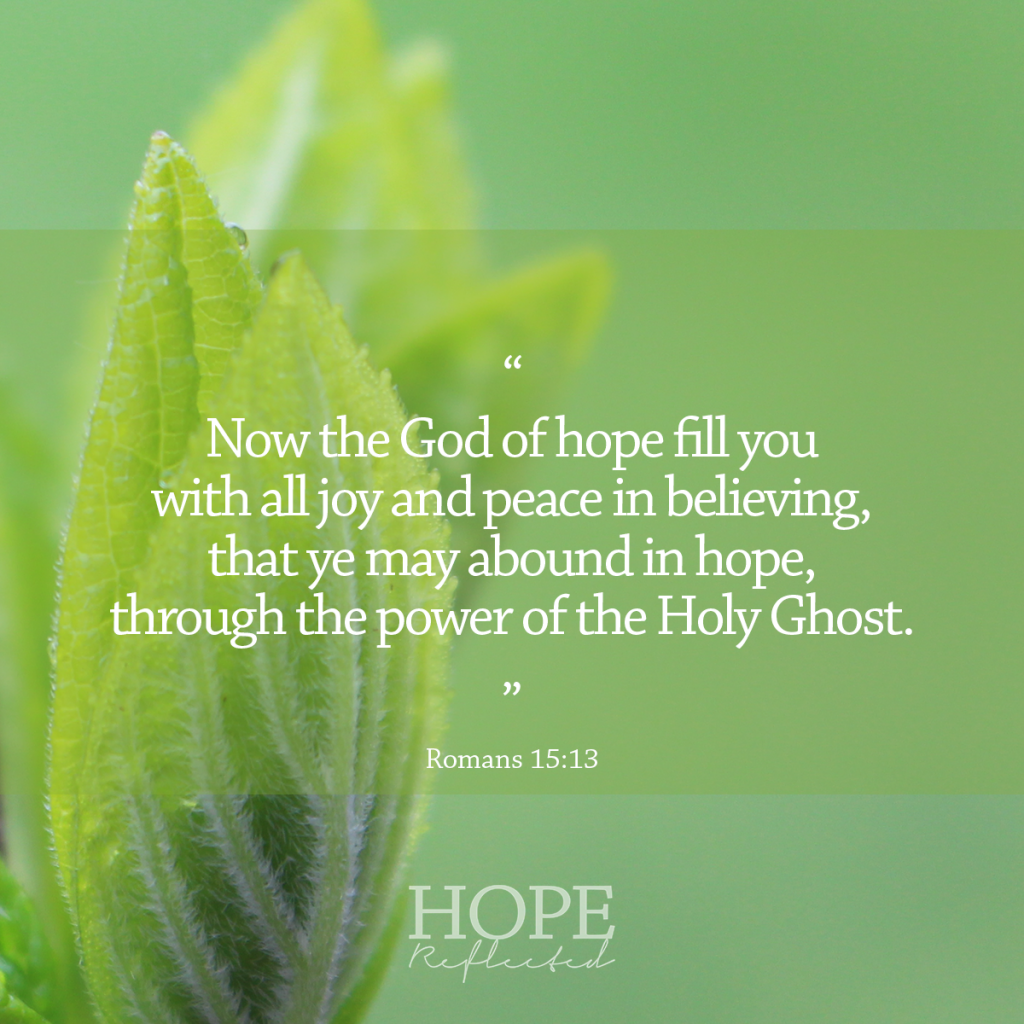

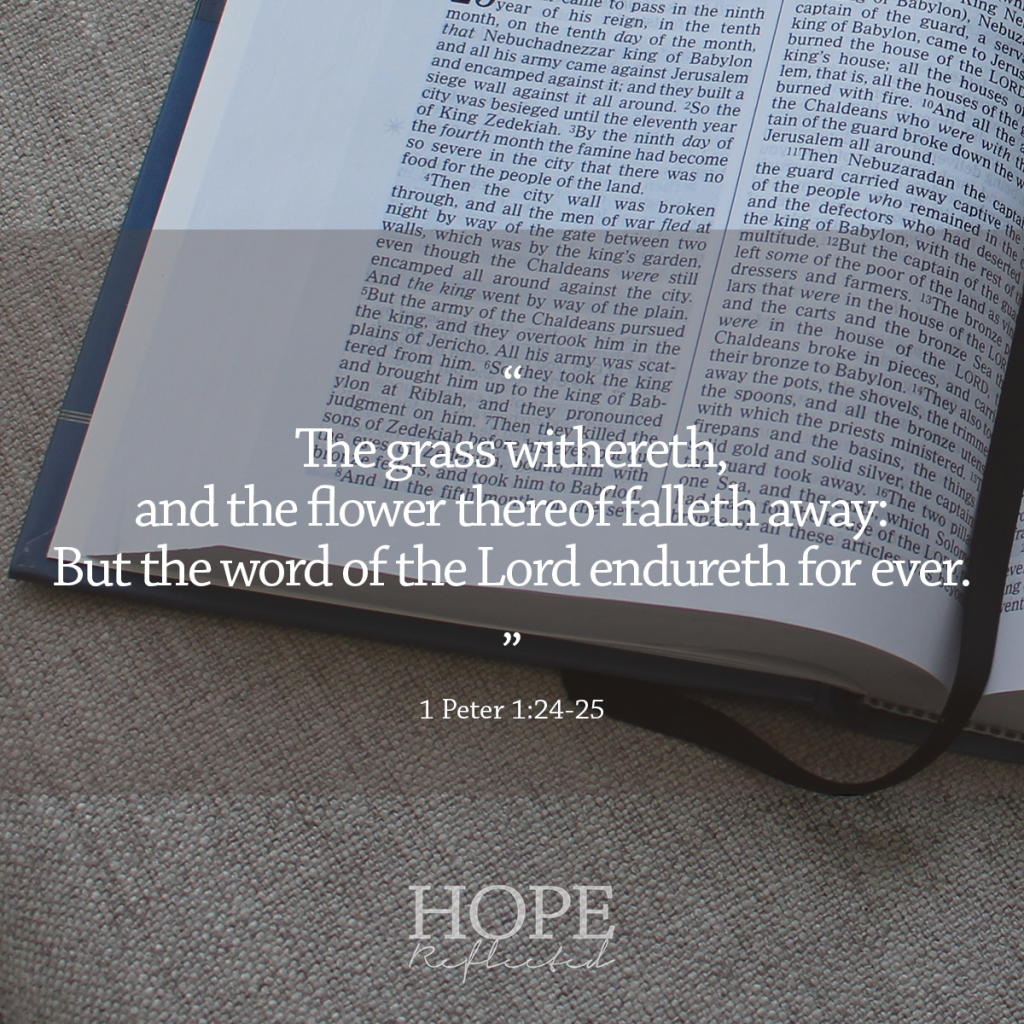


![False friends or counterfeit kindness; whatever you want to call it, the world is filled with people who will say one thing to your face and then another behind your back; people who will woo you in order to get something from you.
It’s sad, but it’s true.
The Bible provides us with examples from Joab to Judas, and yet, we’re surprised when we find ourselves deceived and hurt by someone else.
So what are some of the hallmarks of a true friend?
You can read more about this on hopereflected.com [Link in profile]
.
.
.
#friends #friendship #kindness #counterfeitkindness #hurt #proverbs #truefriends #hopereflected #blog #blogpost](https://www.hopereflected.com/wp-content/plugins/instagram-feed/img/placeholder.png)